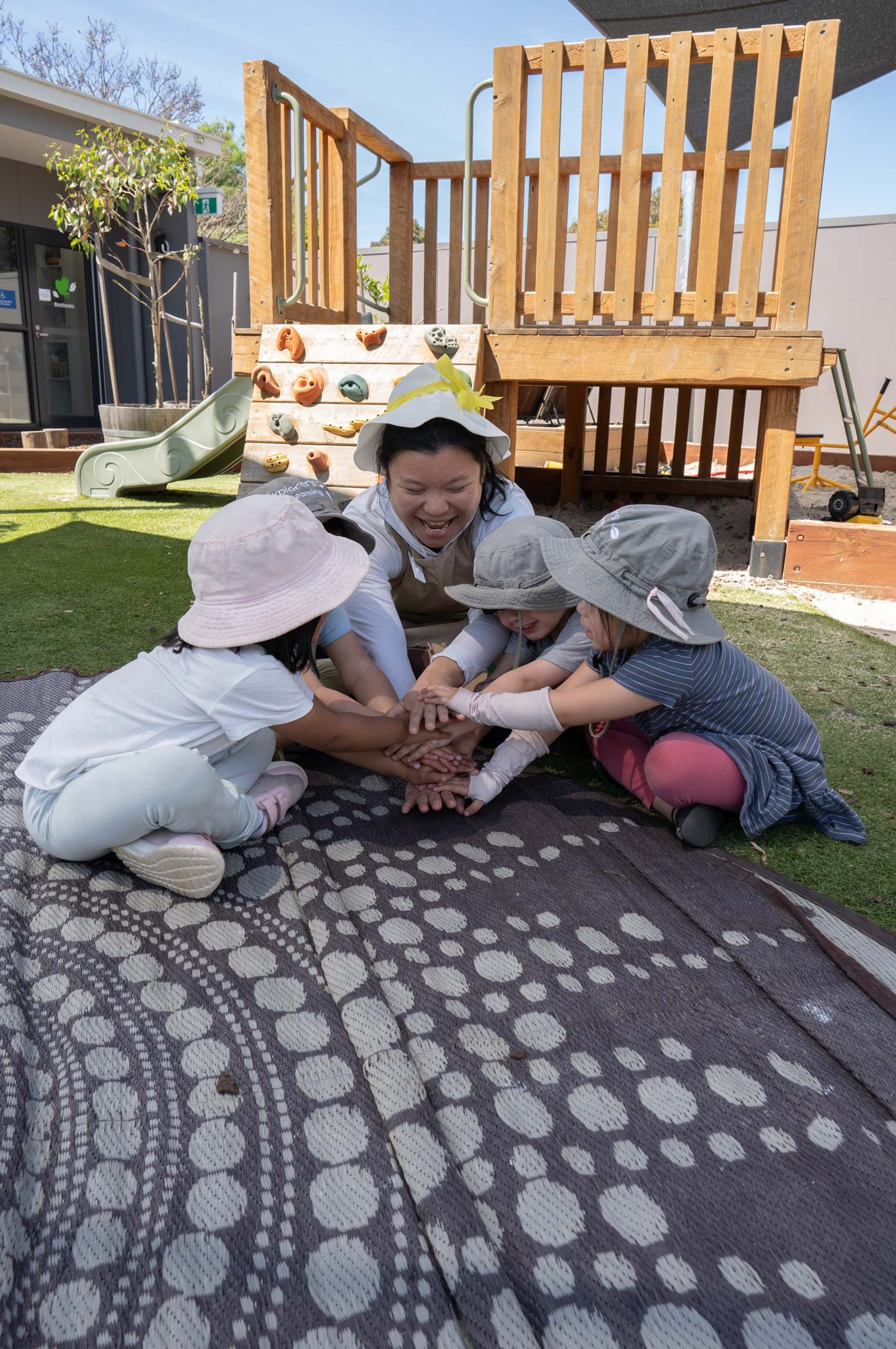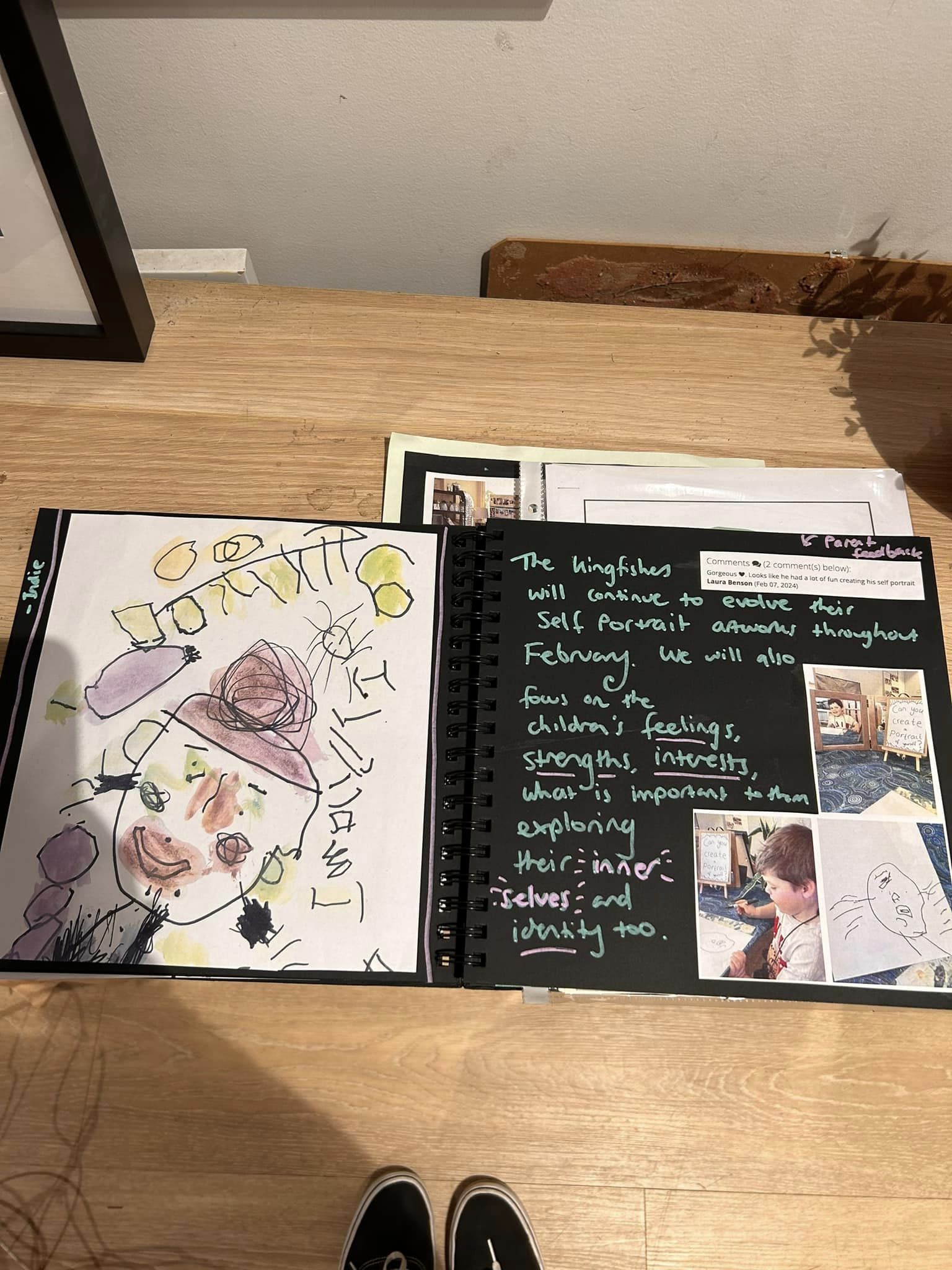The Reggio Emilia Approach®
At Explorers, our program is deeply inspired by the Reggio Emilia Approach®, a renowned early childhood educational philosophy from Italy. This approach emphasises child and adult-centred inquiry-based learning and creates a meaningful learning environment where children can thrive.
Curiosity Driven Exploration
Children are seen as capable and curious learners. Our educators design the curriculum around children’s curiosities, promoting
motivation for children’s understanding and meaningful connections.
Conceptual Learning
We favour intentional conceptual learning, where children explore and understand key ideas and principles. A conceptual approach to learning provides children with opportunities to investigate ideas, complex concepts, and ethical issues relevant to their lives. It encourages children to make connections between experiences, concepts, and processes.
A conceptual approach also encourages children to interact with each other and educators to explore ideas, clarify and challenge thinking, negotiate, and share new understandings.
Project Based Learning
We provide opportunities for children to explore concepts in depth, driven by their deep and underlying curiosities about the world.
These collaborative projects provide children with contexts for sustained shared thinking.
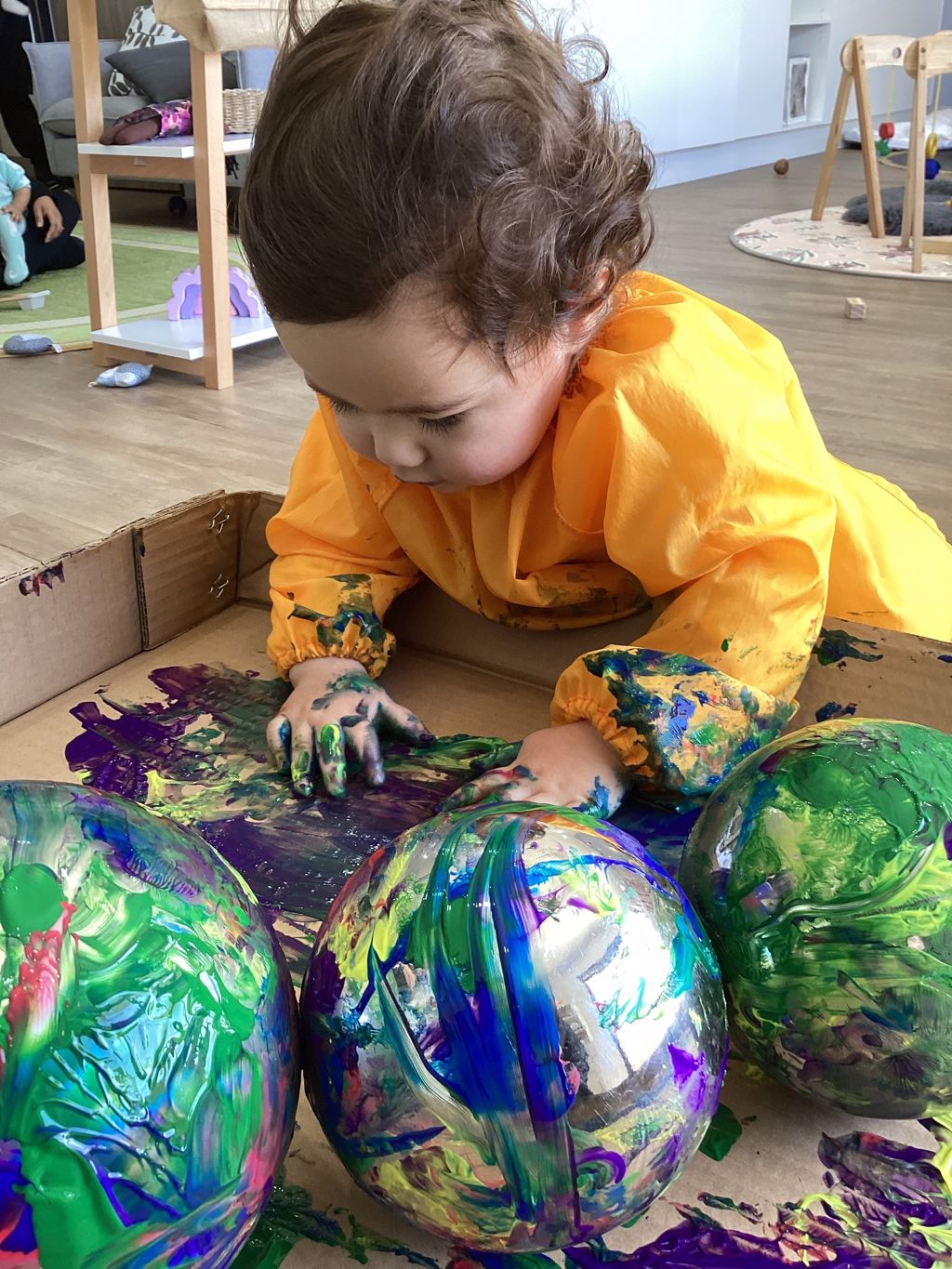
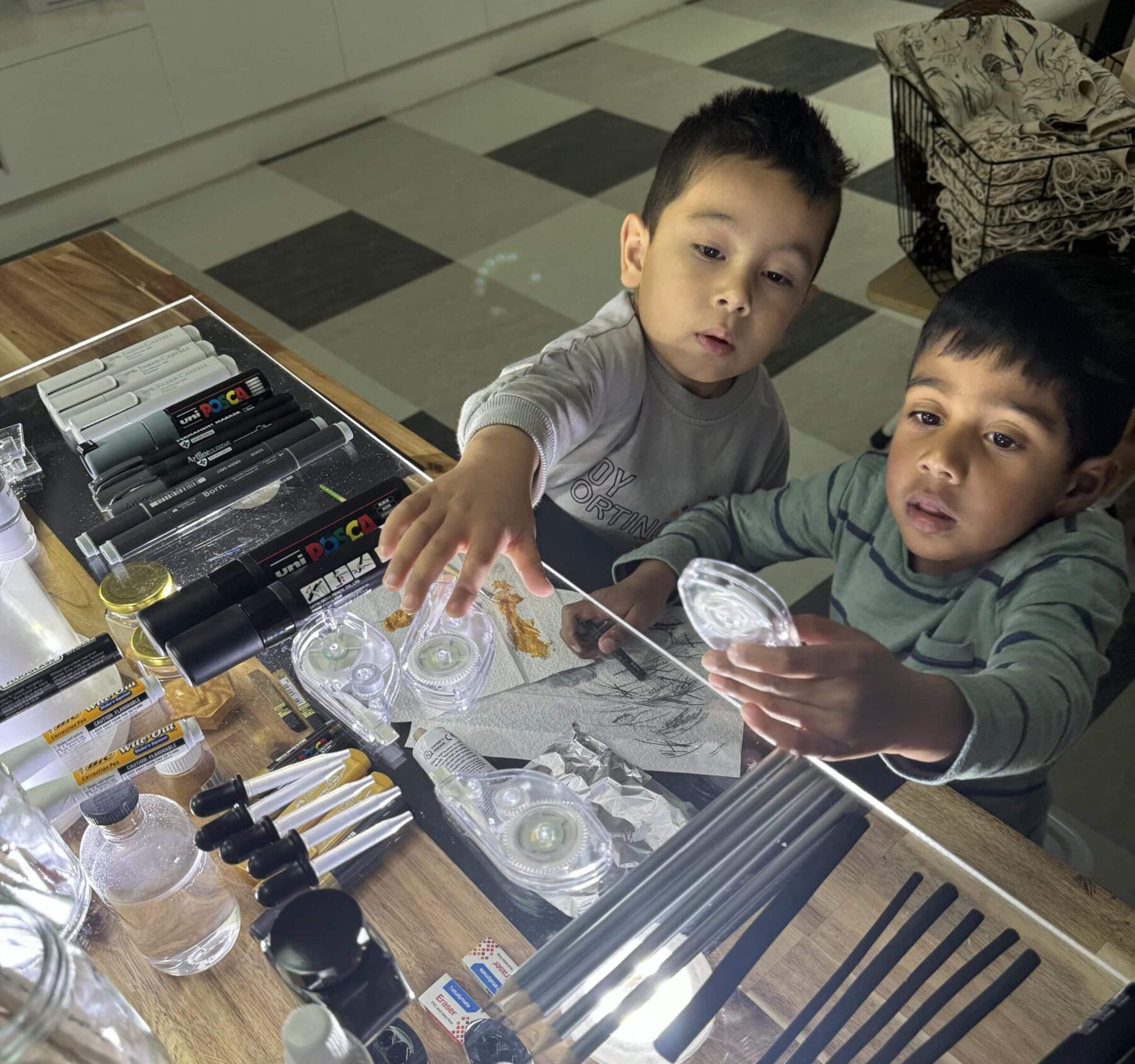
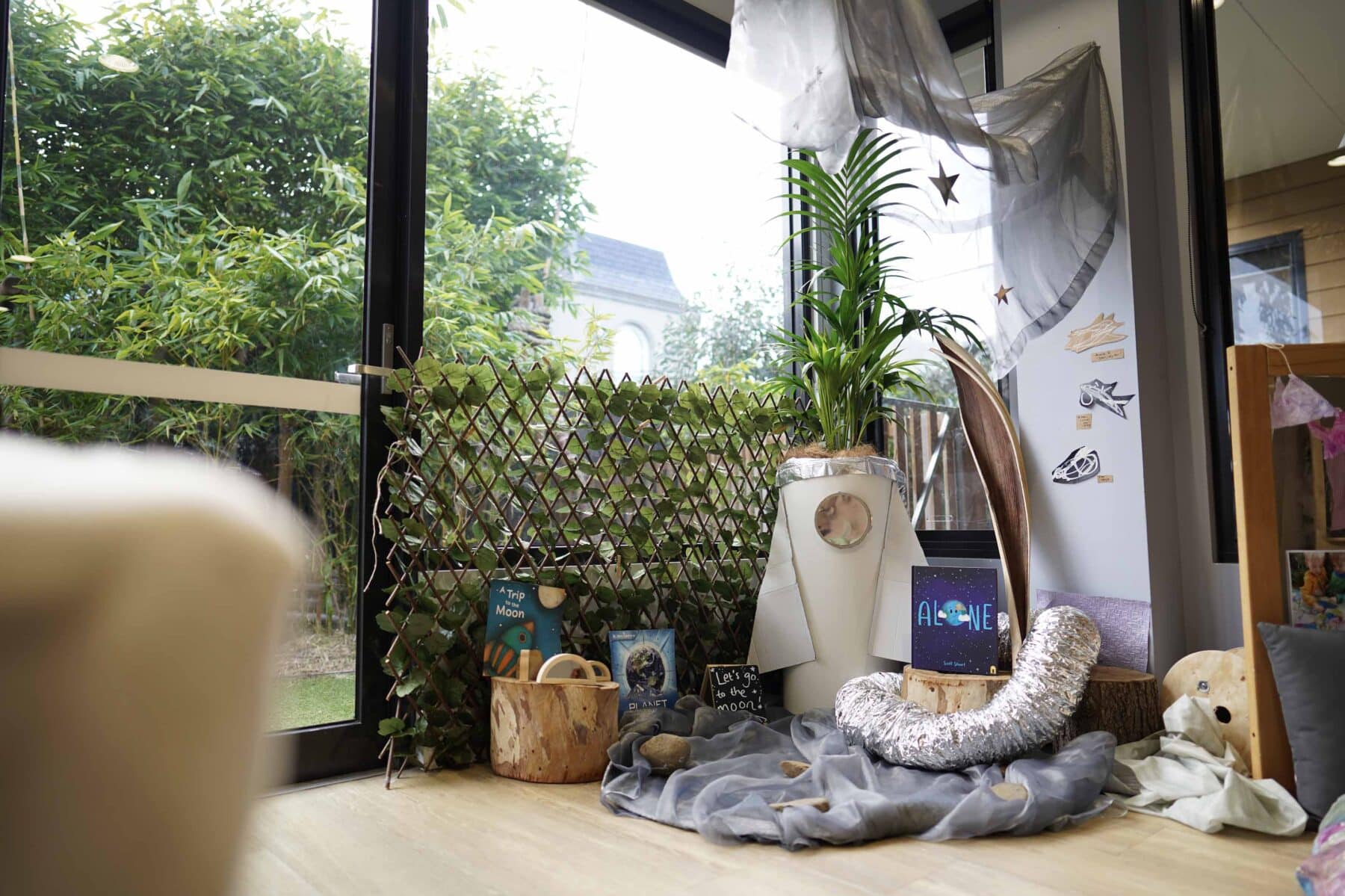
The Role of the Environment
Our classrooms are beautifully organised and designed to support children’s learning. We provide an abundance of materials, resources and equipment to foster play, exploration and creativity.
Permanent Learning Contexts
At Explorers, we have both flexible and
permanent learning contexts for children.
Permanent learning contexts are provided for play-based experiences such as construction, visual arts, dramatic play, and communication. These permanent learning spaces are modified to support the learning and development goals intentionally developed for individual children and groups.
The Hundred Languages of Children
Children express and communicate their ideas, theories and understanding in many ways. We design rich contexts for learning and communication.
For example, children have opportunities to draw, paint, sculpt, build, experiment, hypothesise, predict, and pattern, to name a few.
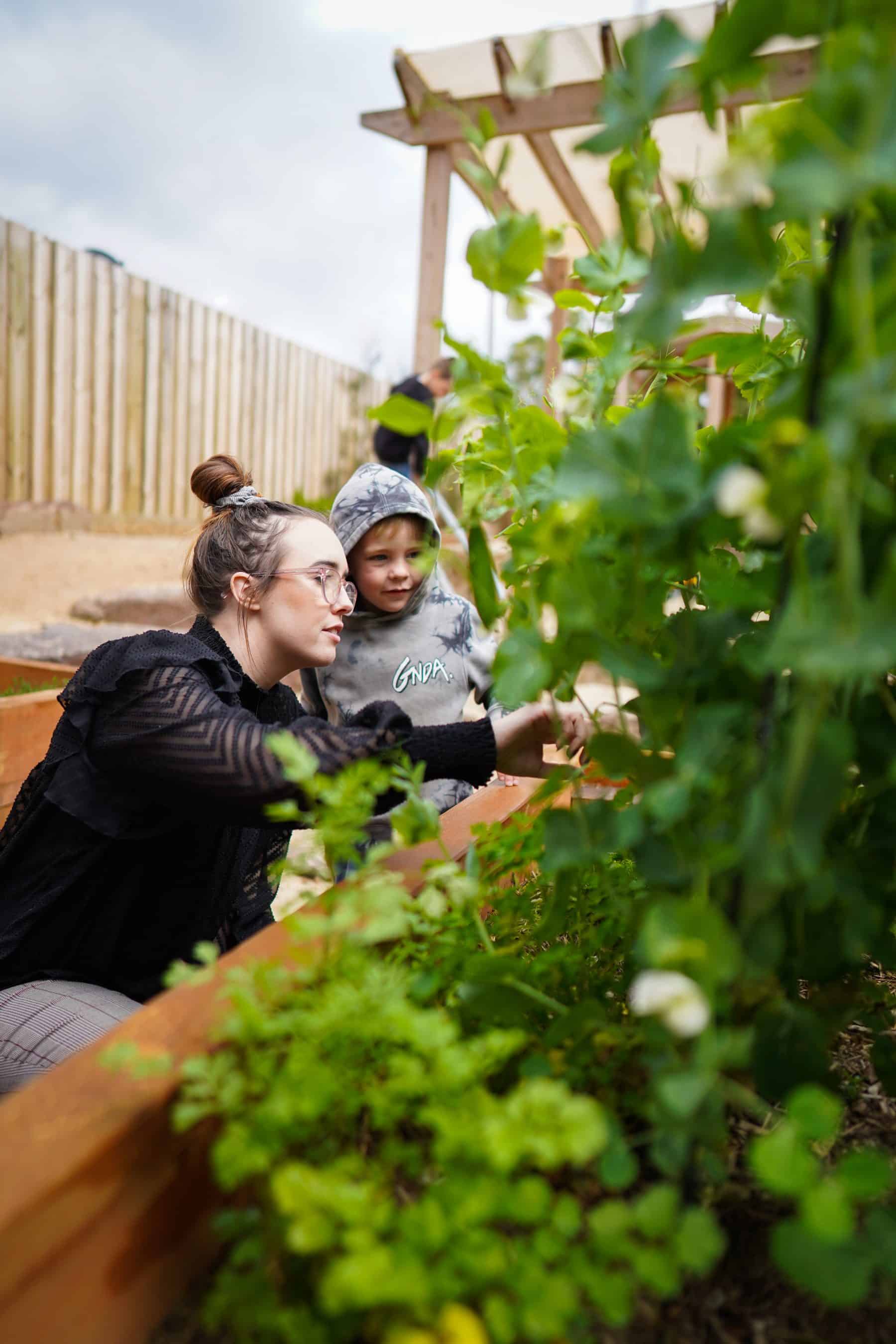
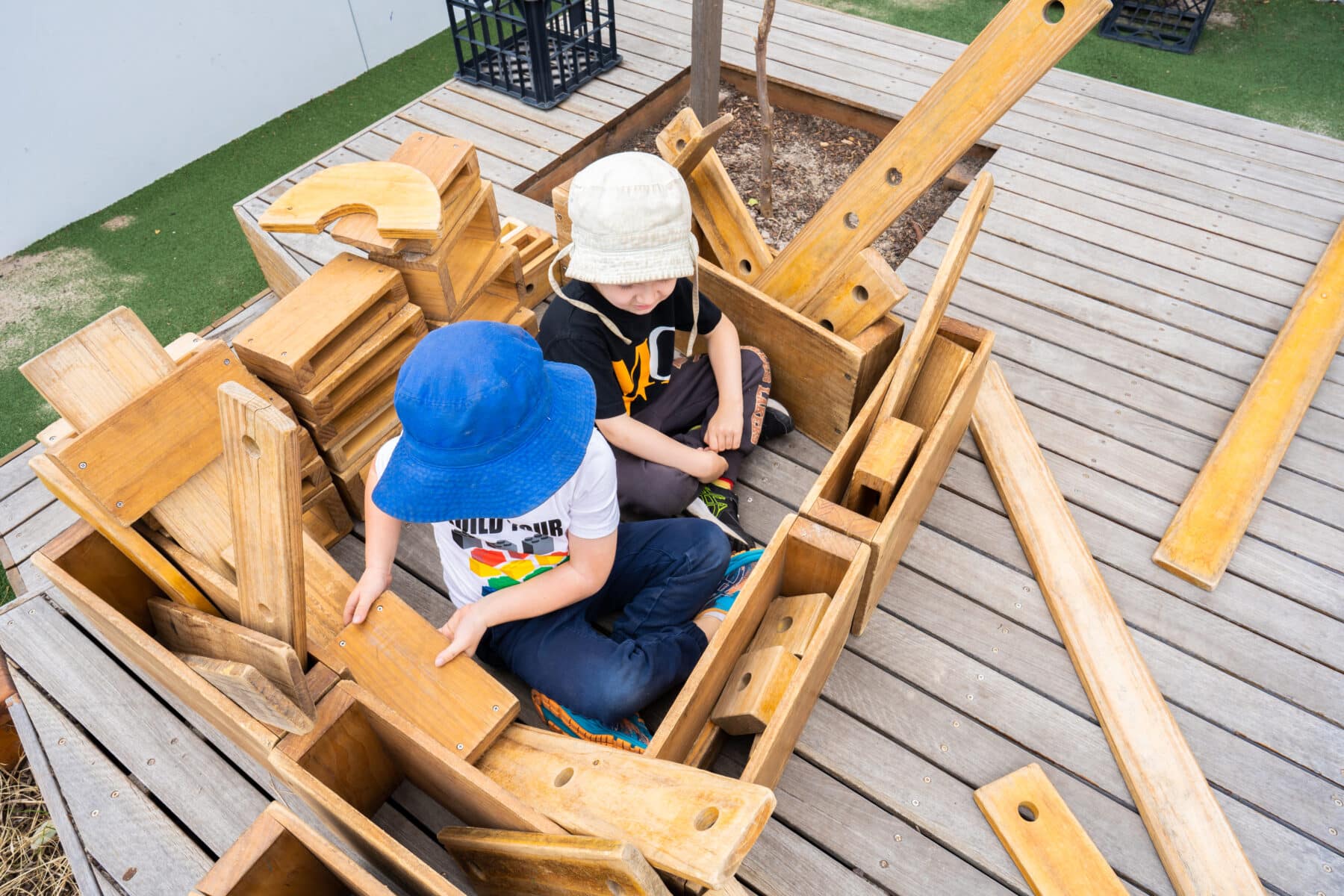
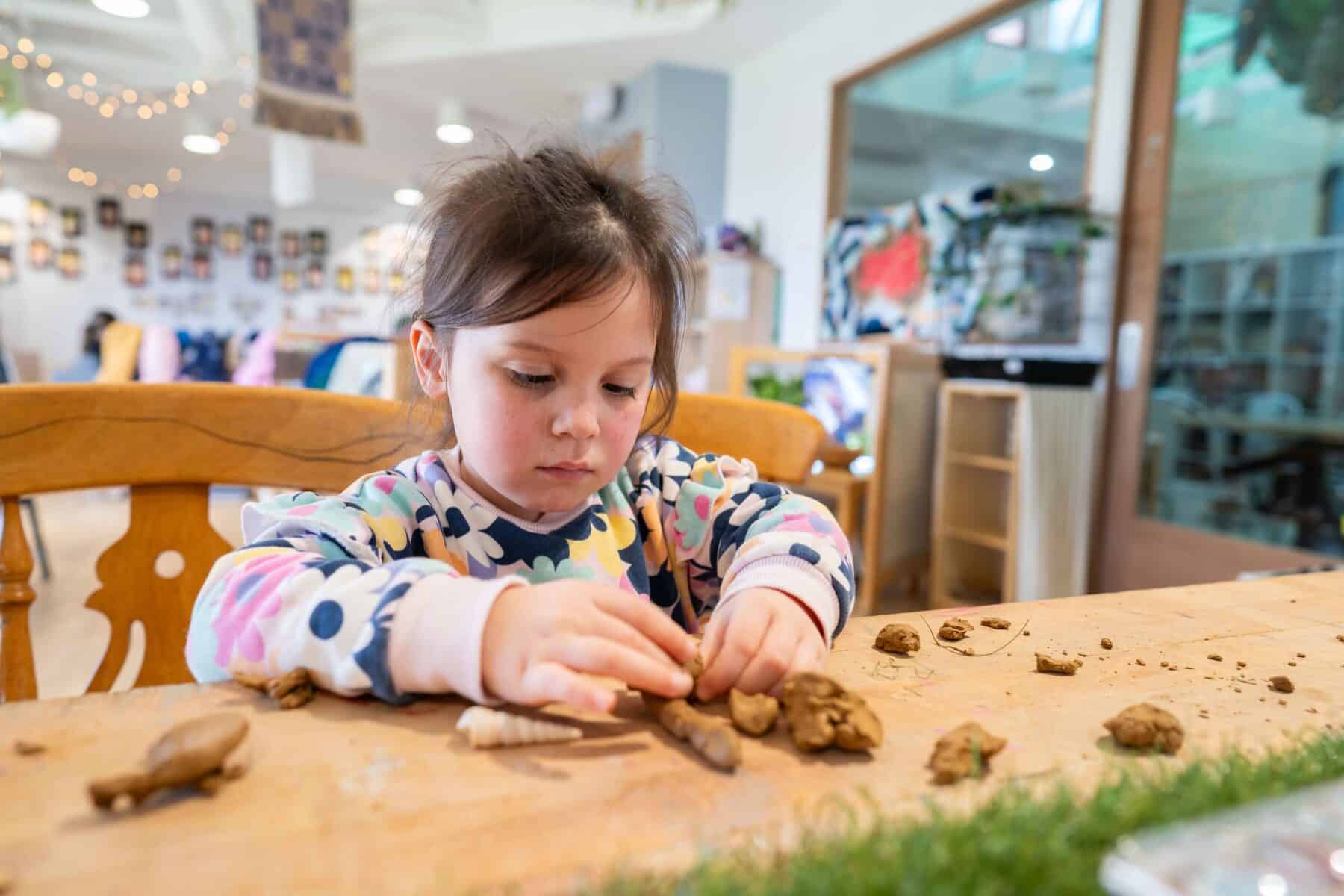
Strong Relationships
We build and foster respectful relationships between educators, children, and families. Partnerships with families enhance the educational experience.
Documentation
Documentation is a process of making children’s learning visible. It is recorded using observational notes and photos, which educators then analyse to illuminate children’s thinking, actions, and creative expression.
Documentation is used as a form of assessment that informs educators’ knowledge of children and, therefore, assists in extending their learning.
